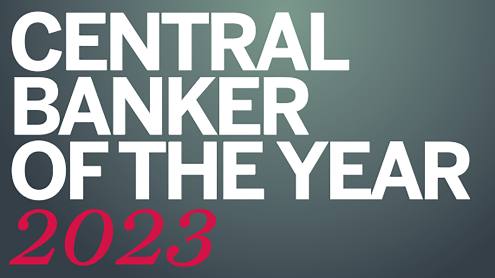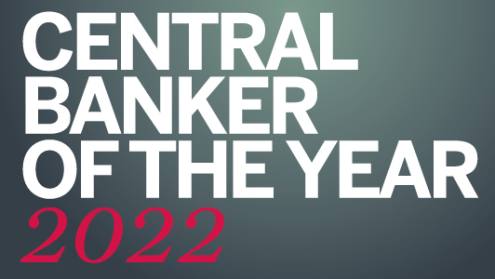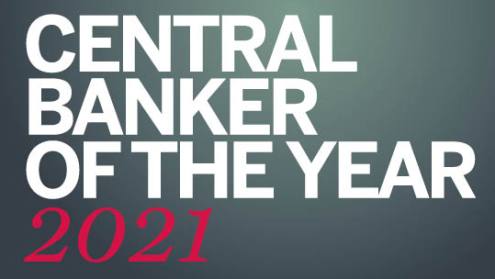
Guillermo Ortiz, Banco de Mexico
Central Bank Governor of the Year, Global and Latin America
Guillermo Ortiz, Banco de Mexico
The 12 years in office that came to an end for Guillermo Ortiz in December 2009 spanned a remarkable transition in Mexico's financial fortunes; from the country of the 'Tequila crisis' in the mid-1990s to an investment-grade country with a significant voice in key global economic debates. He helped usher in sustained single-digit inflation and replaced the opaque corto system of monetary policy with more transparent benchmark interest rates and explicit inflation-targeting.
In his final year in office, Mr Ortiz boosted confidence in Mexico's international status by spearheading proposals for the country to pay extra funds into the International Monetary Fund - alongside Brazil and China - in return for greater developing country representation in the organisation's management.
It is a testament to his achievements at Banco de Mexico that those final months in office were also spent fighting a new type of crisis - one that came from outside, rather than inside Mexico's borders. The global slump hit Mexico harder than other countries in Latin America, as its economy remains highly correlated to the US. Insufficient investment also meant that Mexico was unable to benefit from higher oil prices, because output is falling. The government had to raise taxes on consumption as well as income, despite limited domestic demand.
Amid such challenging circumstances, the central bank has maintained sound policy and autonomy. Mr Ortiz is well liked by the international investment community after bringing down inflation over the past decade and asserting the bank's independence. The Mexican central bank spent much of 2009 cutting interest rates to combat one of the world's deepest recessions, which will likely shrink Mexico's economy by 7% this year, according to central bank estimates.
Mr Ortiz's efforts to manage the peso during this year's turmoil are noteworthy. Having accumulated foreign exchange reserves during the good times, he was able to intervene to stabilise a sharp sell-off in the local currency in late 2008 following the Lehman Brothers collapse.
He also co-operated with legislators to tighten accounting rules to limit Mexican corporates' excessive use of complex foreign exchange derivatives hedging.
Traditionally, central banks are involved in banking matters only, and Mexico is no exception. Mr Ortiz, however, was not shy of going beyond his mandate when he realised that non-bank corporates were heavily exposed to exchange rate risk through derivatives trading. Mr Ortiz prompted Mexican legislators to require greater disclosure of derivatives in corporate accounts and was instrumental in solving a situation that could have potentially had disastrous consequences for the economy. His legacy of stability and credibility will make his successor's task that much more straightforward.












